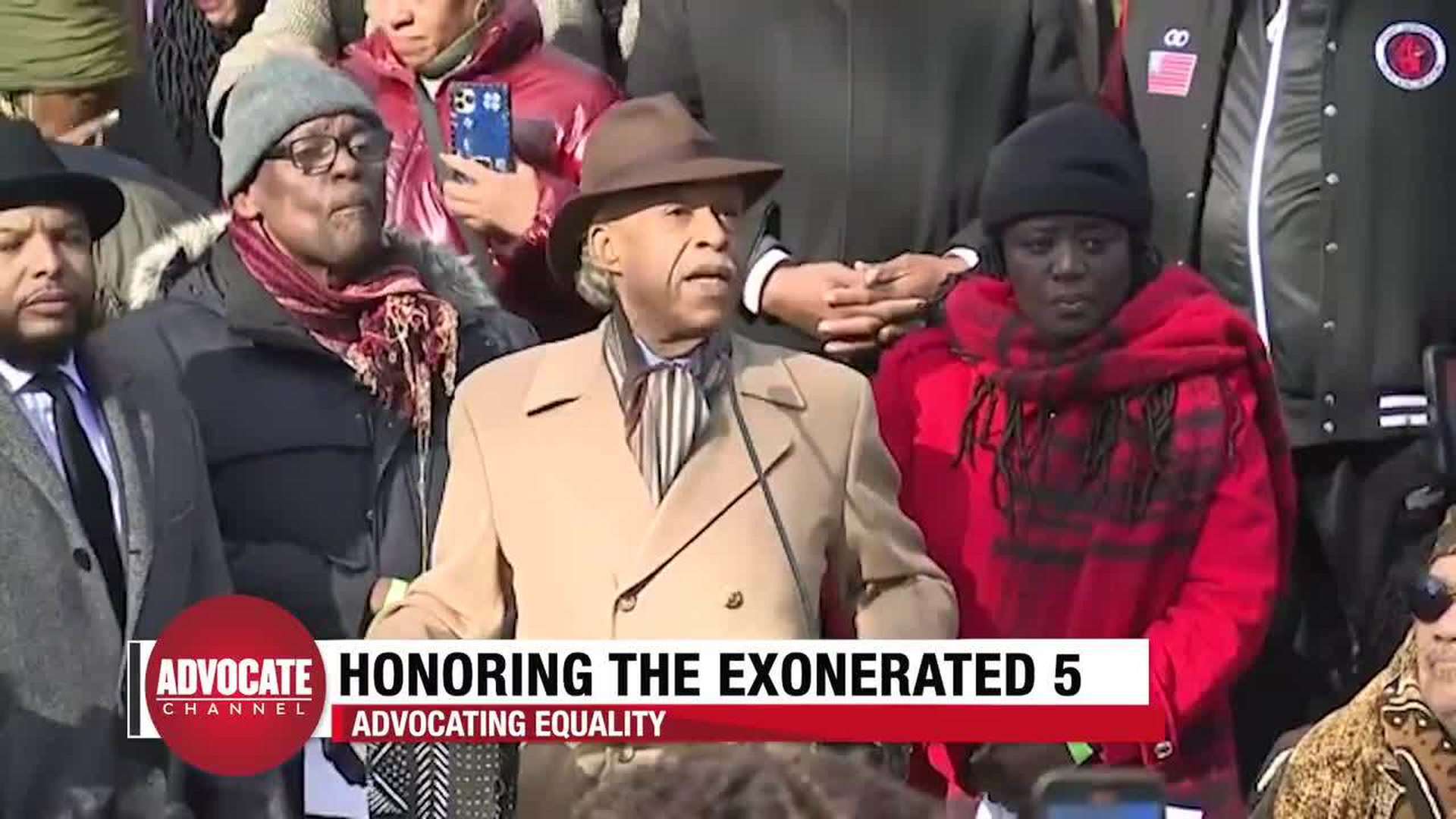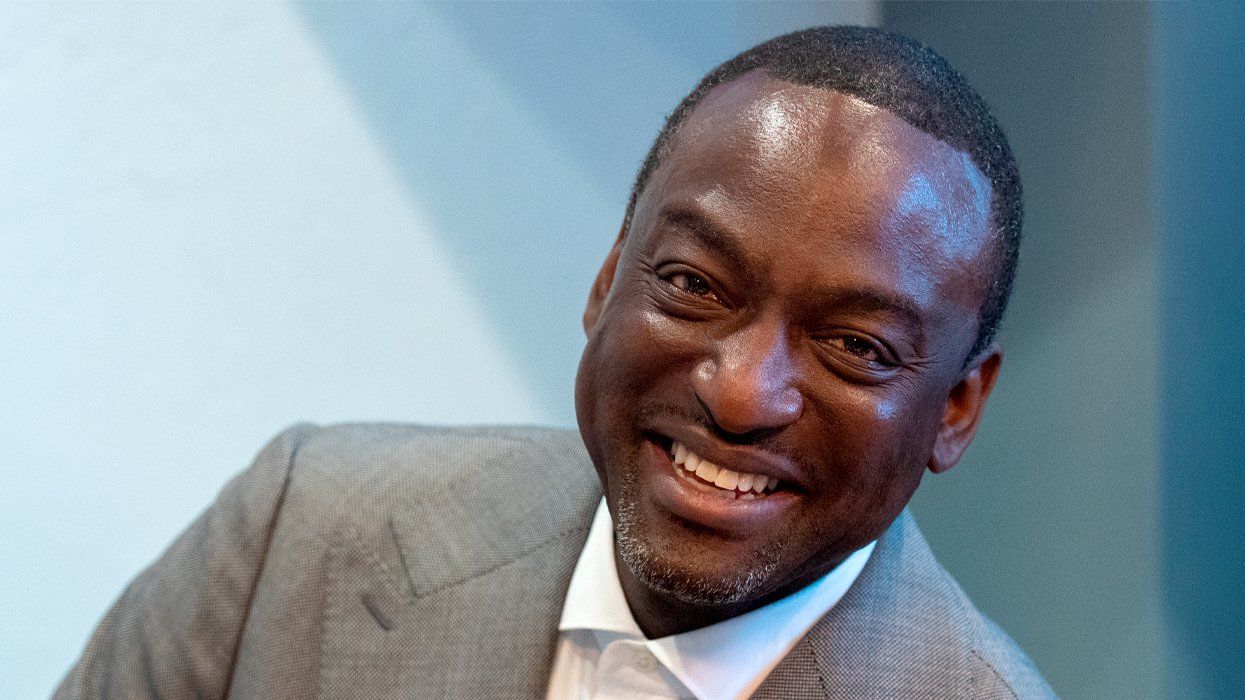Donald Trump once publicly called for Yusef Salaam to be executed for a crime he didn't commit. On Tuesday, Salaam was elected the New York City Council, while the former president sat in court.
After winning his primary in a landslide, Salaam ran unopposed for a seat representing a central district in Harlem. He said in an interview before the election Tuesday that his victory "means that we can really become our ancestors’ wildest dreams."
Salaam and four other Black and Latino boys were falsely accused of raping a white woman who was jogging in Central Park in 1989. Arrested at the age of 15, Salaam spent seven years in prison before he and his companions were exonerated. DNA evidence has since linked another man, a serial rapist, to the attack.
Once nicknamed the "Central Park Five," Salaam as well as Antron McCray, Kevin Richardson, Raymond Santana, and Korey Wise are now known as the "Exonerated Five." They have since been honored with the "Gate of the Exonerated," which is displayed near the entrance of Central Park where the crime initially occurred.
Honoring the 'Exonerated Five'

At the time of their arrest, now-former president Trump took out a full-page advertisement in The New York Times calling for the execution of the five boys. Today, Trump stands trial in Manhattan for fraud, as well as nearly 100 other criminal and civil charges in jurisdictions across the country.
Salaam's platform focuses on prison abolition, police brutality, and the racial disparities within the criminal justice system. In 2019, he, Richardson, and Wise lobbied for a bill that aimed to outlaw some of the police tactics used in their wrongful convictions, including presenting false evidence during interrogations and requiring that children under 18 consult with an attorney before they can be questioned.
On the campaign trail, Salaam said in an interview that "those who have been close to the pain should have a seat at the table."
“When people look at me and they they know my story, they resonate with it," he said. "But now here we are 34 years later, and I’m able to use that platform that I have and repurpose the pain, help people as we as we climb out of despair.”


















































